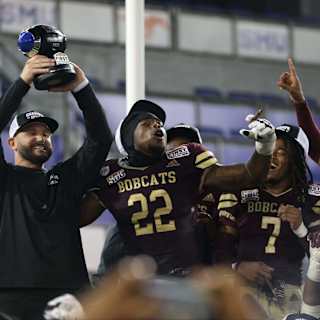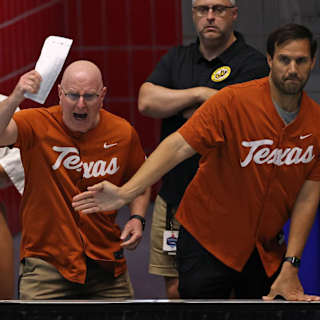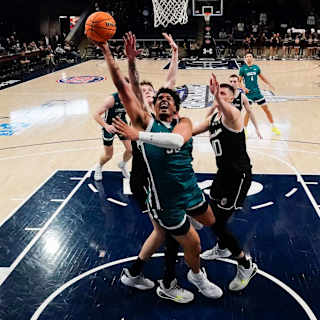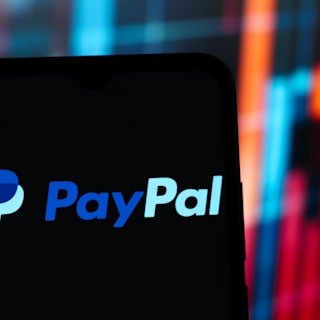- NDSU Embraces Direct Payment Model
- Settlement Reshapes College Athletics
- Dividing Lines Emerge
North Dakota State University announced today that it will join the historic House v. NCAA settlement, becoming one of the latest schools to embrace a new era where colleges can pay student-athletes directly from their athletic department budgets.
The Bison will participate in the revenue-sharing model for the 2025-26 season, allowing NDSU to distribute up to $20.5 million annually to its athletes while phasing out its traditional booster collective starting July 1.
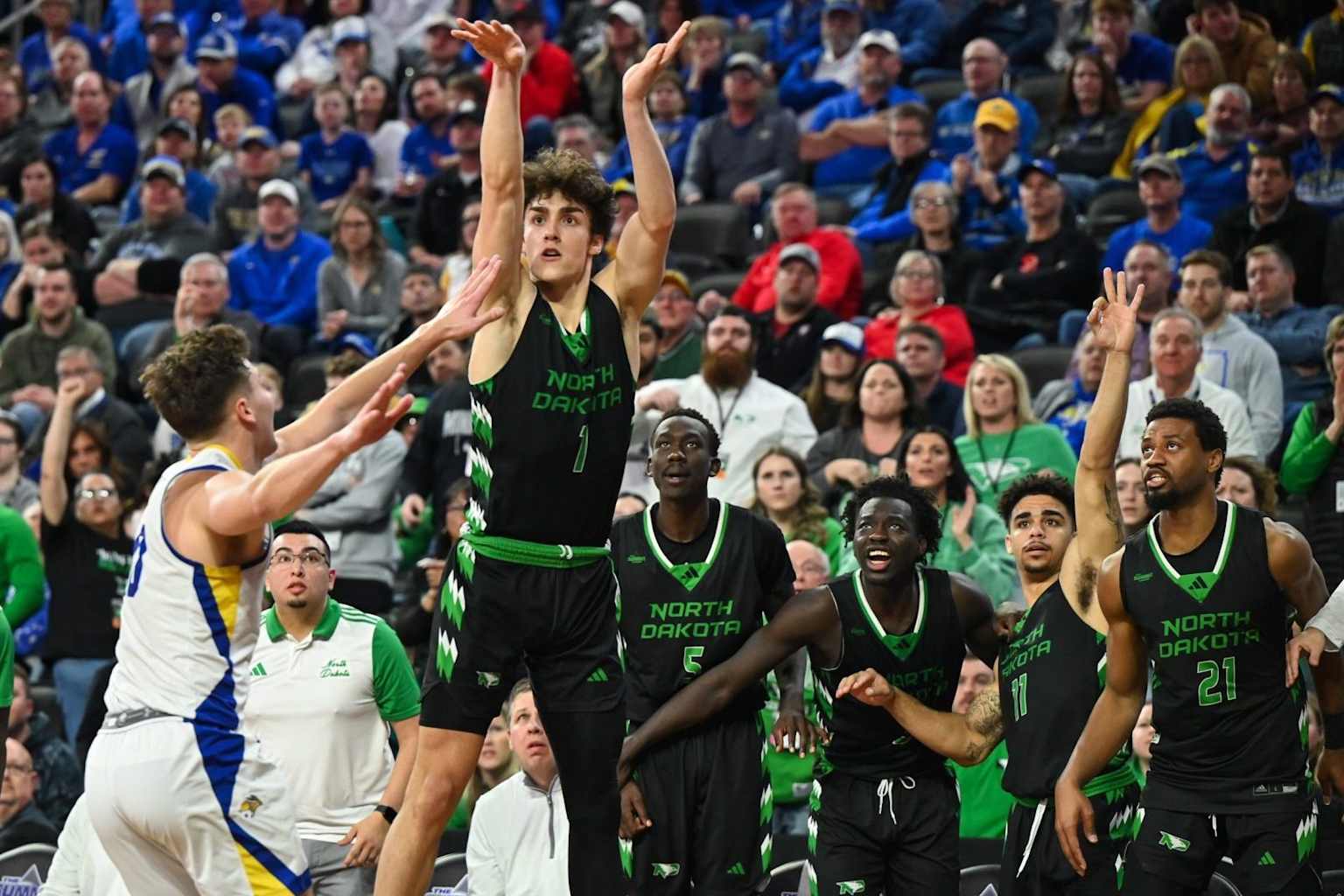
The decision positions NDSU among schools capitalizing on the settlement approved June 6 by Judge Claudia Wilken, which formally ended the NCAA's century-old amateurism model12. Under the agreement, NDSU can now provide "institutional NIL along with scholarships, cost of attendance and Alston awards," according to Athletic Director Matt Larsen1.
The university will dissolve The Green and The Gold Collective, transferring NIL operations directly to the athletic department1. Fans and businesses can still support athletes through tax-deductible contributions to NDSU Team Makers and the newly created Green and Gold Fund1.
"We truly believe that opting into the House settlement will allow us to continue to be leaders at the FCS and mid-major level in providing financial support and resources to our student-athletes," Larsen said1.
The $2.576 billion settlement resolves three major antitrust lawsuits challenging NCAA restrictions on athlete compensation12. The agreement requires the NCAA and major conferences to pay damages over 10 years to athletes who competed from 2016 through the present3.
More than 101,935 athletes have filed claims for back-pay, representing about 26% of eligible class members4. The settlement also eliminates scholarship caps while introducing roster limits, though NDSU can maintain oversized rosters until current players complete eligibility or transfer5.
Schools opting into the settlement can share up to 22% of average Power Five athletic revenue with athletes—estimated at $20.5 million initially and rising to $32.9 million by 2034-354.
Not all schools have embraced the changes. The University of North Dakota indicated in February it would not opt in, with Athletic Director Bill Chaves calling the situation "odd" because schools must pay settlement damages regardless of participation1.
The settlement establishes new NIL enforcement through a partnership with Deloitte, requiring deals over $600 to undergo review for reasonableness2. Schools that opted in for 2025-26, like NDSU, avoid immediate roster limits that later participants will face3.
"This is a decision that we entered into with much deliberation and debate over its impact on the future of Bison Athletics," Larsen acknowledged3.
